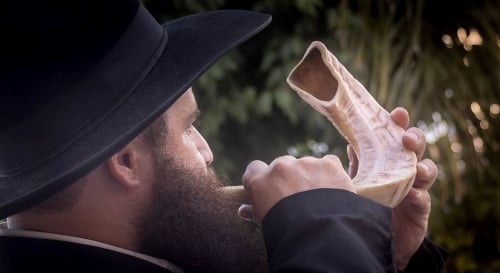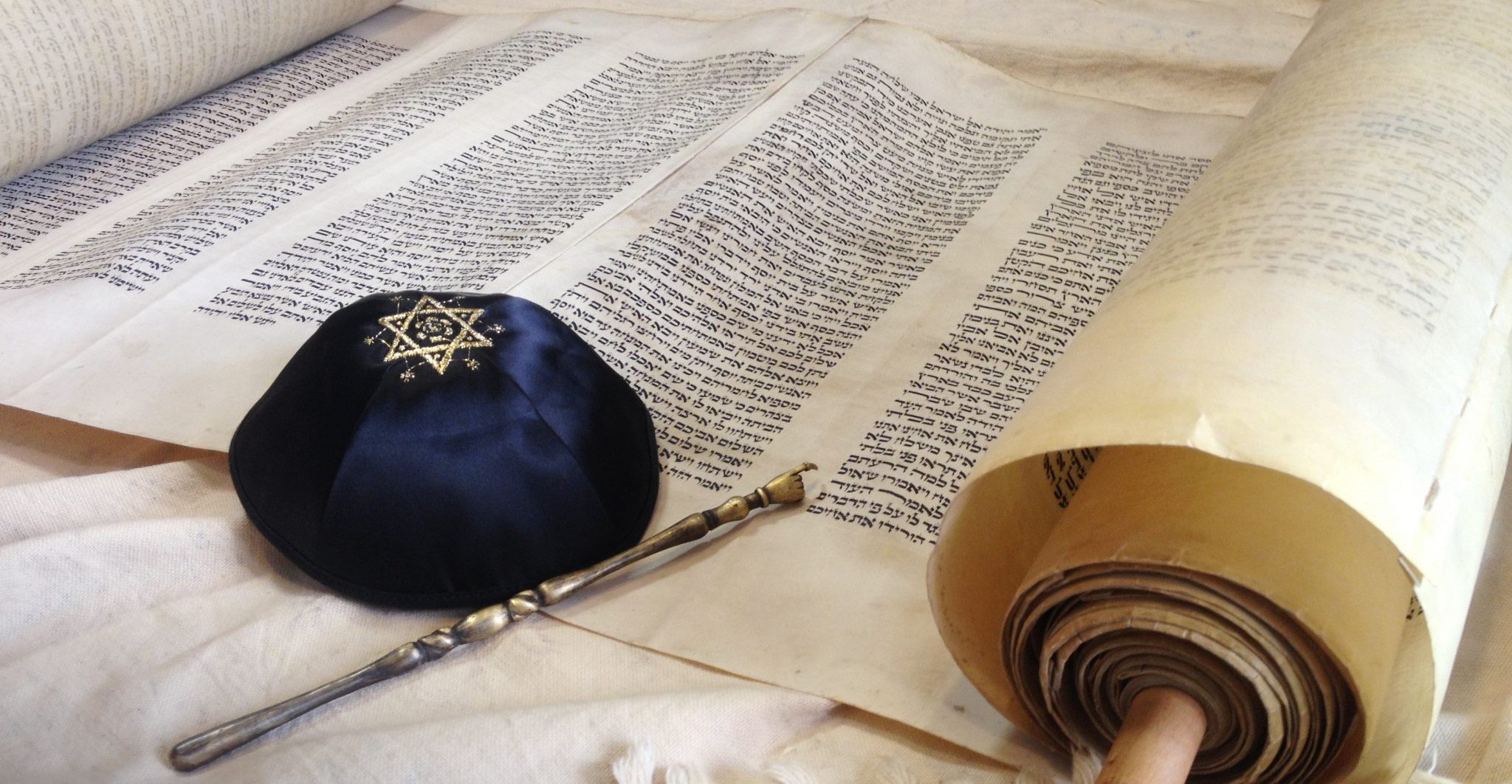
Shortly after the sweetness of Rosh Hashanah, the Jewish New Year, comes another holiday of equally great importance: Yom Kippur, the Day of Atonement.
Considered to be the holiest day of the year, Yom Kippur is an often misunderstood holiday because of how it is observed. Marked with a strict 25-hour long fast day, hours and hours of extensive prayer, and several other austere restrictions, there are plenty who believe that Yom Kippur is a somber, joyless day, but that’s not entirely true, as you shall soon see!
Yom Kippur is a very powerful day in the Hebrew calendar. While most know it as the ‘Day of Atonement,’ Yom Kippur can also mean the ‘Day of Cleanse,’ for on this day, we are commanded to ‘afflict our souls’ and ‘do no work’ so that G-d might forgive us, cleanse us, and purify us of all our sins. To some, this idea of ‘afflicting our souls’ may sound strange or scary, but Yom Kippur’s ‘afflicting’ customs are both meaningful and, for most people, doable.
Although not the easiest or most enjoyable Jewish holiday, Yom Kippur is considered such a special and purifying time that even many non-religious Jews find themselves observing it! In fact, for a significant number of secular Jews, Yom Kippur is the only day of the year on which they will fast, visit a synagogue, or recite any prayers, demonstrating just how important this major holiday is.
Each year, Yom Kippur is celebrated on the 10th day of the Hebrew month of Tishrei, exactly ten days after Rosh Hashanah, which is observed on the 1st and 2nd days of Tishrei. This year, the 10th of Tishrei falls out in late September, so Yom Kippur 2023 will begin at sunset on the evening of Sunday, September 24th, 2023, and will end at nightfall the following day, the 25th of September.

As previously mentioned, during Yom Kippur, we are obligated to rest from work and ‘afflict our souls.’ We traditionally do this is by abstaining from the following physical comforts:
Each of these ‘afflicting’ restrictions serves a purpose, mostly to illustrate how deeply remorseful we are for past misdeeds. There is also an idea that we should seek to deprive ourselves of physical comforts because we want to imitate G-d’s angels, who are pure and flawless beings without physical needs.
This metaphorical aspiration is taken so seriously, that many people also observe additional figurative practices including wearing all-white clothing, such as a kittel, to symbolize purity and reinforce the idea that we are trying to be like angels.
Another customary practice is refraining from wearing gold jewelry, so as not to remind G-d of the Sin of the Golden Calf. While only a symbolic custom, seeing as the 10th of Tishrei was the day when G-d finally forgave Israel for the sin of the Calf, most find it a sensible idea to avoid as many allegorical reminders to the nation’s prior sinful events as possible!
Naturally, the main purpose of Yom Kippur is to sincerely repent and seek forgiveness from G-d. According to Jewish tradition, ten days before Yom Kippur, G-d opens up the heavenly Book of Life on Rosh Hashanah and inscribes in it each person’s fate for the coming year, dispensing reward or punishment according to each person’s deeds.
During Rosh Hashanah, the majority of heavenly judgments are made, but because Yom Kippur is the Day of Atonement, people have a final chance to repent, which could potentially change their fates for a better judgment before the Book is closed. It is our hope that by repenting our sins, we can cleanse ourselves of our past misdeeds and overturn any bad decree so we may instead be sealed with a good judgment for the coming year!
Lots of things! Once you take the time to look past all the constricting aspects of the holiday, you’ll see that there are plenty of happy, festive reasons to celebrate Yom Kippur.
For example, one of the things we celebrate on Yom Kippur is the fact that on this day, the Gates of Heaven are open wide, giving us the chance to connect more strongly with G-d than the rest of the year. We also welcome the opportunity to absolve ourselves of an entire year’s worth of wrongdoing and becoming clean and pure in the eyes of G-d. Even though it is impossible to predict the outcome of our prayers or determine whether they were successful, we operate under the assumption that our pleas have been heard and we have been forgiven. The theme of repentance and forgiveness is further underscored by the reading of the Book of Jonah in synagogue during the holiday.
Furthermore, another positive outcome of Yom Kippur is the chance to say Kol Nidrei – the Annulment of Vows. In Judaism, verbal promises are taken very seriously, so much so that not fulfilling one’s promise is seen as a considerable offense. Thankfully, the first prayer recited on Yom Kippur is Kol Nidrei, which declares all unfulfilled vows null and void, releasing us of any obligations to keep them.
Lastly, as the prayer services end in the final hour of Yom Kippur, it is customary for the congregants to joyously burst into song and dance, blow the shofar one last time and declare the classic Jewish proclamation, “Next year in Jerusalem!” concluding Yom Kippur in the best way possible before we break our fasts on something sweet and delicious!
Have a joyous and meaningful Yom Kippur!
And get in touch with your spirituality year-round with Hebrew and Hebrew-English prayer books from top Israeli publishers!


Owned by JWG Ltd, maintains its offices and warehouse in Jerusalem, Israel. © 1999-2022 JWG Judaica and Dead Sea Cosmetics